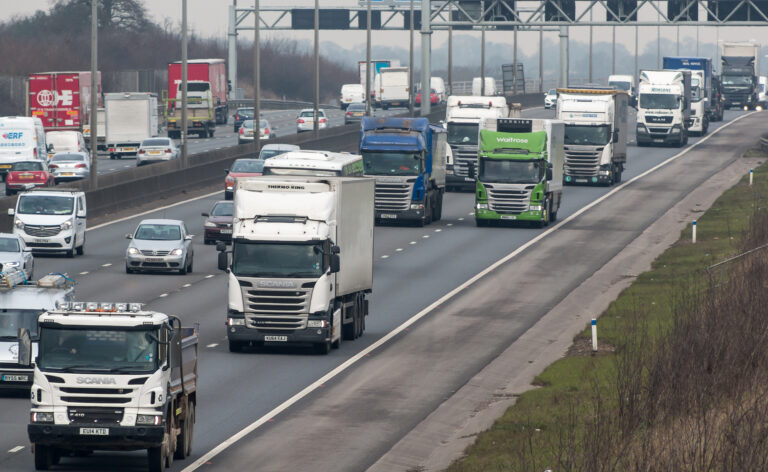As we move deeper into 2021 and further away from the 1 January 2021 Brexit transition date, haulage return loads platform, Haulage Exchange, has produced a new survey to assess the current state of the haulage industry. What’s clear is that there is an unprecedented need for haulage – caused partly by the pandemic-fuelled rise in internet shopping – with demand in April 2021 120% stronger than in April 2019.
With the haulage industry at the very forefront of Brexit-induced changes, haulage companies have quickly realised the need to adapt the way they work. Representing a potentially seismic shift, a new study from Haulage Exchange has revealed that 56% of haulage companies have moved some operations to the European Union, or would consider it in the future.
Rising haulage costs will be felt by UK businesses in various industries, with 69% of haulage firms in the survey having already increased costs. The remaining 31% say costs will be rising next year or in the near future.
As UK lockdown restrictions ease, many sectors are only just beginning to face staff shortages, but in the haulage industry, demand for drivers has been outstripping supply for some time. According to Haulage Exchange data, one in every eight haulage companies identify skilled driver shortage as a significant risk to the industry in 2021. Research has suggested that as many as 12,000-15,000 have left to find work elsewhere.
The knock-on effect of this driver shortage is that some industries have been unable to find enough hauliers to transport their products. Certain products are also subject to increased checks and admin, creating additional barriers for haulage companies’ transporting such goods.
Almost a third (31%) of respondents to our survey say they would avoid working with food and drinks industry clients due to border and Brexit issues. Other sectors they are reluctant to work with include livestock farming (25%), agricultural farming (25%), gardening supplies (19%) and retail (13%).
The study also highlights how small businesses are being affected by Brexit’s haulage impact. Some 63% of haulage companies say they do less business going from the UK to the EU with SME companies (with under 100 employees). Going from the EU to the UK, 56% of hauliers say they do less business with SMEs in that direction.
Contrast that with the figures for multinationals (with more than +1,000 employees): 38% of hauliers do less business exporting from the UK and 25% less business importing into the UK.
Haulage Exchange also asked hauliers if they believe that it’s sustainable to continue operating with the current Brexit changes to border regulations. Almost a third (31%) say they’re adapting their business model to survive. With full border checks on EU goods entering the UK on the horizon, we asked hauliers how they’re preparing for this next change and what factors they think will have the biggest impact.
According to hauliers themselves then, bureaucracy is the biggest threat to the industry, followed by rising operating costs and Covid-19. Many are also thinking about competition coming from the EU.
Looking ahead to the start of next year, UK hauliers asked if they foresee further issues when full customs controls on imports come into force. A decisive 68.75% suggested they would with 25% uncertain and 6.25% saying no.
“It’s encouraging that demand for haulage is stronger than ever, and how well companies have adapted to big changes shows the resilience of our industry,” enthused Lyall Cresswell, Founder and CEO at Haulage Exchange. “We know more changes are coming, but this is an industry used to adapting and has proved extraordinarily successful in dealing with the unexpected.”







